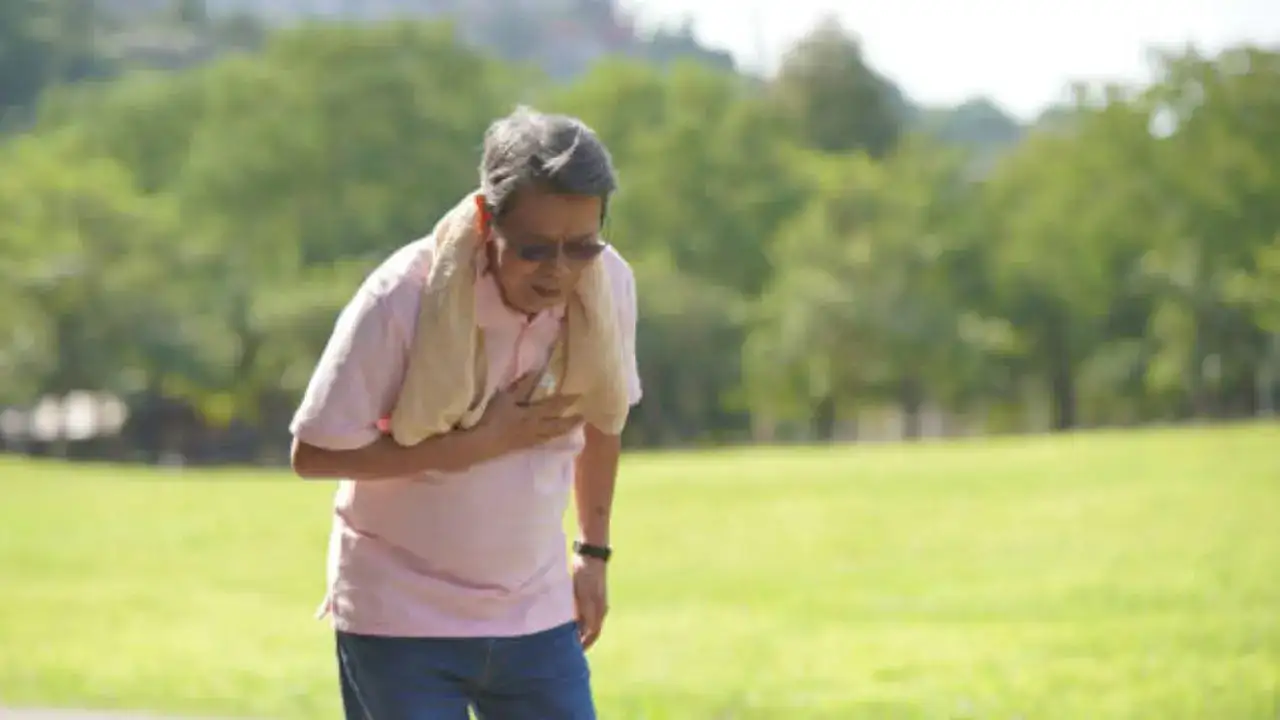
Heart Attack Risk Skyrockets By 86 During These Deadly Heatwaves – How To Keep Yourself Safe (Image Credits: iStock)
A new study has revealed that the risk of dying from heart-related conditions rises sharply during heatwaves that extend through both day and night—also known as compound heatwaves. These unrelenting hot spells are significantly more dangerous than heat experienced only during the day or night.
Published on April 1 in the Journal of the American College of Cardiology, the research shows that people are 86 per cent more likely to die from a heart-related issue during compound heatwaves. In comparison, the risk increases by 19 per cent during daytime-only heatwaves and by 16 per cent during nighttime-only heatwaves.
“Traditional heatwave definitions fail to capture the full scope of these risks,” said Renjie Chen, professor at Fudan University School of Public Health, Shanghai. The study stresses the need for public health policies that consider continuous heat exposure.
What the Study Found
Researchers analyzed data from nearly 2.4 million heart disease deaths in mainland China between 2013 and 2019. They compared death records with hourly temperature data to understand how heat exposure impacts heart health.
The findings showed that the risk of heart-related death steadily increases during compound heatwaves, unlike single-day or single-night events where the risk tends to spike and drop.
Some of the most affected conditions during compound heatwaves included:
-
Sudden cardiac arrest: Risk rose by 86 per cent, compared to 37 per cent (nighttime) and 24 per cent (daytime)
Why Are Compound Heatwaves So Dangerous?
These heatwaves are particularly deadly because they offer no cooling period, especially at night. The human body needs nighttime rest to regulate its core temperature. Without that break, the heart is put under continuous stress, increasing the risk of cardiovascular failure—especially in older adults, people with chronic illnesses, and those without access to cooling.
How to Protect Yourself During Compound Heatwaves
With climate change making these events more common, it's vital to know how to stay safe. Here are some simple, effective tips:
Stay hydrated: Drink plenty of water throughout the day. Avoid alcohol and caffeine, which can lead to dehydration.
Get Latest News Live on Times Now along with Breaking News and Top Headlines from Health and around the world.


